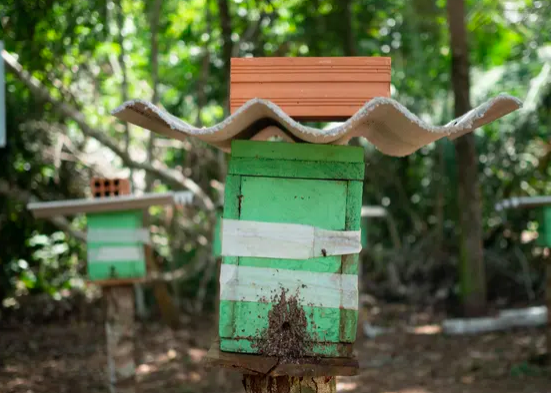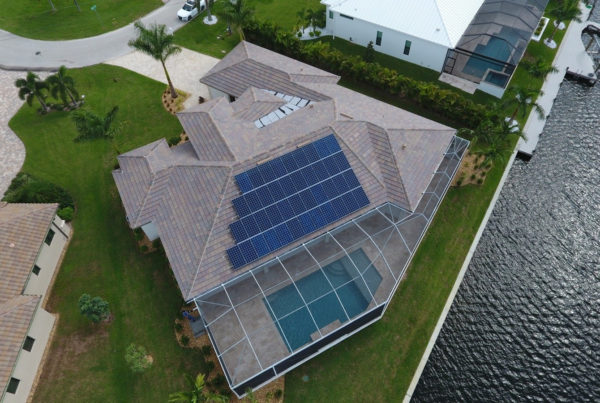Why Amazonian Bees Matter
Amazonian beehives are not just a hub of pollination, they are also the most economically viable alternative to the environmentally destructive traditions of slash-and-burn agriculture and cattle ranching.
In the remote and threatened regions of northern Brazil, Casa Familiar Rural lies as a training network for local and indigenous people living among the Amazon to become beekeepers.
This training center is granting local people an opportunity at a higher living standard and incentivizing them to help maintain the forest rather than keep cutting it down.
Training these folks in beekeeping could be the solution to help save the forest.
Political Effects
This forest area is strong and full of biodiversity but the rightwing president of Brazil, Jair Bolsonaro, has allowed US mining conglomerates to explore the area for resources and there has been an increase in illegal logging, fishing, and hunting. Those who have attempted to stop the destruction have received death threats.
Positive Results
Trained beekeepers can harvest honey and sell it at local markets and via word of mouth. The costs of beekeeping are minimal and show a high potential to be lucrative. Each hive can generate about $160 in six months. If we multiply this by 40 hives and the returns on this project are 30 times higher than they’d be by clearing land with fire.
Locals are also being trained in seed cultivation, soil protection and reforestation with Amazonian fruit trees.
Their biggest hope is to continue educating, showing the locals and those watching that the Amazon forest is worth protecting!
Learn more here.
Giant Multicolored Squirrel Photographed in India
Amateur wildlife photographer captures images of the Malabar giant squirrel, a 36-inch long rodent with purple, blue, and orange fur. Malabar’s are twice the size of popular squirrels and can leap 20 feet between trees.
Learn more here.
House passes the Wetlands Conservation Extension Act
The U.S. House of Representatives recently passed The North American Wetlands Conservation Extension Act (H.R. 925) which would reauthorize and increase funding for the North American Wetlands Conservation Act, and benefits migratory birds and other wildlife. The bill would authorize up to $60 million for the program annually through 2024. Learn more here.
Flying Planes Like Geese Could Help Save Fuel and CO2
When traveling long distances geese fly together with others, riding in the airflow of the one in front. The airline Airbus is exploring mimicking this technique which can allow planes to decrease engine thrust and reduce fuel consumption in the range of 5-10% per trip, helping lower their CO2 impact.
Learn more here.




